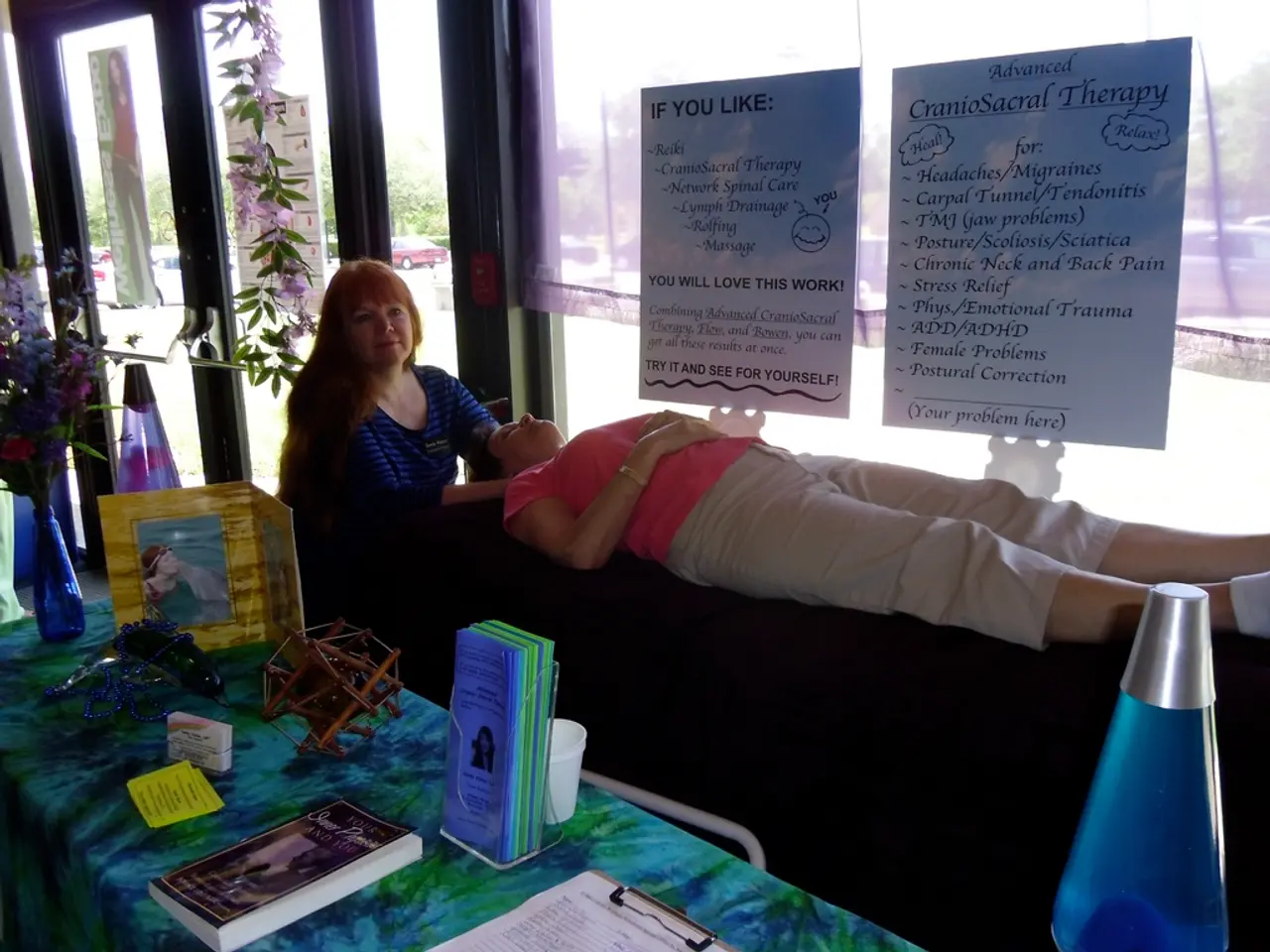The influence of depression on the brain and strategies for counteracting the associated alterations
Depression is a common mood disorder that affects millions of people in the United States. It is characterized by persistent feelings of sadness, anxiety, or emptiness, as well as feelings of hopelessness, pessimism, irritability, or frustration. Other symptoms may include restlessness, difficulty falling asleep or maintaining sleep, and a reduced ability to remember positive events or experiences.
In some cases, an individual with depression may experience thoughts of death or suicide. If you or someone you know is experiencing suicidal thoughts, it is crucial to seek immediate medical advice or contact the 988 Suicide and Crisis Lifeline.
The neurotransmitters serotonin, noradrenaline, and dopamine behave abnormally in people with depression, according to a 2018 article. This imbalance can lead to changes in certain regions of the brain, such as higher rates of brain inflammation, neurotransmitter dysfunction, and reduced volumes of gray matter.
Effective treatments for depression include psychotherapy, antidepressant medications, and brain stimulation therapies. Psychotherapies, such as cognitive behavioral therapy (CBT), are used to help people with depression learn new ways of thinking, thereby rewiring negative thought patterns. Antidepressant medications, like selective serotonin reuptake inhibitors (SSRIs), serotonin and norepinephrine reuptake inhibitors (SNRIs), and norepinephrine-dopamine reuptake inhibitors (NDRIs), target neurotransmitter imbalances related to mood regulation.
Brain stimulation therapies, used especially for treatment-resistant depression, directly stimulate brain areas involved in mood regulation to improve neural communication and promote brain plasticity. These therapies include Transcranial Magnetic Stimulation (TMS), Electroconvulsive Therapy (ECT), and Vagus Nerve Stimulation (VNS). TMS uses magnetic pulses to activate brain cells noninvasively, potentially helping patients engage better in therapy and lifestyle changes. ECT induces brief controlled seizures that cause increased brain cell activity and neurogenesis, providing short-term relief from severe depression. VNS uses implanted devices to stimulate the vagus nerve, enhancing parasympathetic activity and mood regulation.
Combining brain stimulation with psychotherapy and lifestyle modifications appears to offer the best long-term benefit. Ongoing research also aims to develop targeted therapies based on individual neurobiological profiles, moving beyond one-size-fits-all approaches.
To manage and reduce symptoms of depression, the American Psychiatric Association suggests regular exercise, quality sleep, a healthy, balanced diet, and avoiding alcohol and other depressants. For supporting someone with depression, the National Alliance on Mental Illness recommends learning about depression, learning early symptoms, being honest and kind, offering help and following through with promises, practicing active listening, remaining calm, and reaching out to other people who can share experiences and provide emotional support.
If you think you might have depression, it is essential to speak with a healthcare professional for a formal diagnosis. Remember, you are not alone, and help is available.
Read also:
- Explored the Popular Health Assessment with a Queue of 100,000 Aspiring Participants - Here's My Unadulterated Opinion
- Hearing impairment condition: Recognizing symptoms and management approaches
- Signs of Cataracts Emergence: Impact on Vision and Further Details
- Thrombocytopenia in Large Scale: Root Causes, Identifiable Symptoms, and Available Treatment Options





